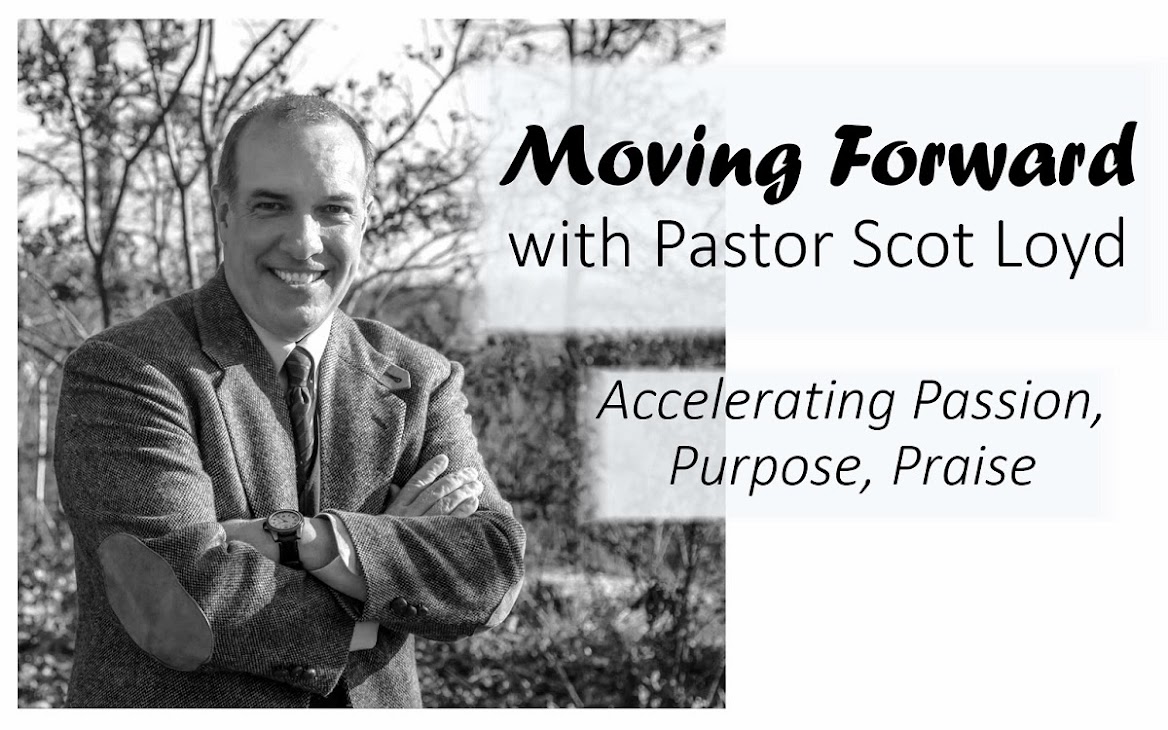It is widely reported that G.K. Chesterton once
replied to an inquiry of The Times of London, as to what is wrong with the world,
with the simple response “I am”. Chesterton understood that contrary to popular
opinion, the ills of the world find their origin, not in the culture, or in the
government, or even in the mores of the day, but in the darkness of the human
heart. So as we survey the current cultural and philosophical landscapes it is
important to remember the problem is not out there, the problem is in here, the
confines of my heart and yours.
As God spoke through the prophet so long ago in Jeremiah 17:9-10 “The heart is deceitful above all things, and desperately wicked: who can know it? I the Lord search the heart, I try the reins, even to give every man according to his ways, and according to the fruit of his doings.” This reality is what makes the ideas of religion so dangerous. In fact, religion may be the single greatest obstacle to a genuine relationship with God, because it is often the tenants of religion that falsely convince people that they are in a right standing with God, when they are not.
Jesus understood this and communicated to his
friends in Matthew 15:11 “Not that which goes into the mouth defiles a man: but
that which comes out of the mouth, this defiles a man.” And in verse 19 and 20,
He explains, “For out of the heart proceed evil thoughts, murders, adulteries,
fornications, thefts, false witness, blasphemies: These are the things which
defile a man…” Jesus was responding to the religious culture of His day, which
featured a variety of religious sects, from the theologically liberal and
conservative, and every stripe in between. These religious people took comfort
in their labels that defined their belief system and identity through various
interpretations of Scripture. Among these groups were the Pharisees, who
provided Jesus with numerous opportunities to challenge the religious status
quo of the day.
Challenging this system was such a priority of
Christ, that He bracketed His ministry by cleansing the temple, the very symbol
that united the diverse Jewish sects. Jesus literally threatened the religious
hierarchy by going to the heart of their power and livelihood. An event so
dramatic, that it gained the attention of religious elite, including a leading
Pharisee, who risked his ministry by meeting with Jesus, of course under the
cover of darkness. The response of Christ is recorded in the Gospel of John
chapter three verse three, “Jesus answered and said unto him, verily, verily, I
say unto you, Except a man be born again he cannot see the kingdom of God.”
These words of Jesus were an immediate challenge to this religious leader, even
with all of his years of study and observance of the Scripture; it was the
contention of Christ that Nicodemus could not even see the Kingdom of God.
The metaphor employed by Christ to describe
initiation into the Kingdom was not lost on Nicodemus. He picked up on the
analogy and challenged it in verse four, “How can a man be born when he is old?
Can he enter the second time into his mother’s womb and be born?” Nicodemus was
expressing his personal dilemma at the prospect of abandoning his religion in
which he had been trained and had faithfully observed throughout his life.
Nicodemus was secure in his religious label, a label Christ continued to
challenge in verse five: “Except a man be born again of water and of the Spirit
he cannot enter into the kingdom of God.”
When Jesus spoke these words, the text that both He and Nicodemus may
have immediately thought of is found in Ezekiel 36:25-27, where the Lord
promises to cleanse Israel and give them a new heart and spirit, by placing His
Spirit within them.
The point Jesus was pressing on Nicodemus was
that it was not his religious label that would save him, but it is only through
the divine intervention of God, with the insertion of a new heart, that he
could be saved. Just as Nicodemus, we often allow our religious labels to
define us. We take comfort in the distinctiveness of denominational labels such
as Pentecostal, Baptist, Apostolic, Catholic and numerous others, labels which
find no basis in the New Testament but rather in historical divides which serve
to pigeonhole their parishioners to the point of spiritual stagnation.
A careful examination of the New Testament
reveals only two labels applied to the followers of Christ. “The Way” by which
early disciples referred to themselves, and “Christians” a description with
which the culture began to recognize them. Both demonstrated a distinctive life
style embraced by the early church that ran counter to the culture in which
they lived, a life style that placed faith beyond the failings of the religious
systems of the day, in a Savior, the only one who has the power to change the
human heart. An experience that liberates us to live beyond labels, and become what God
intends for us to be, His people called by His name.


No comments :
Post a Comment